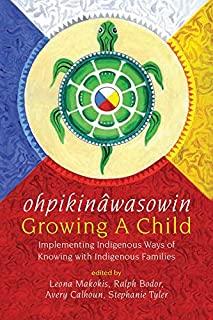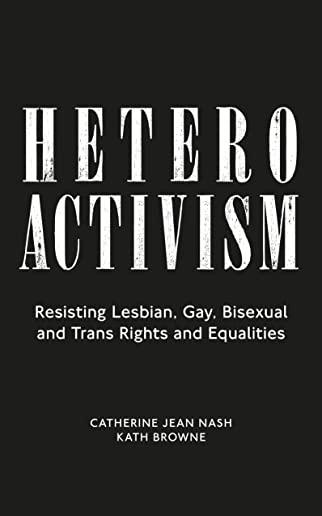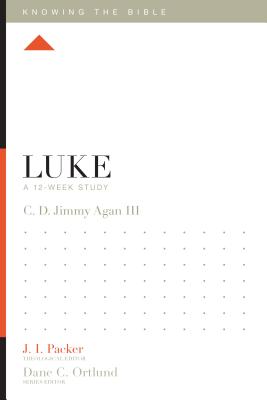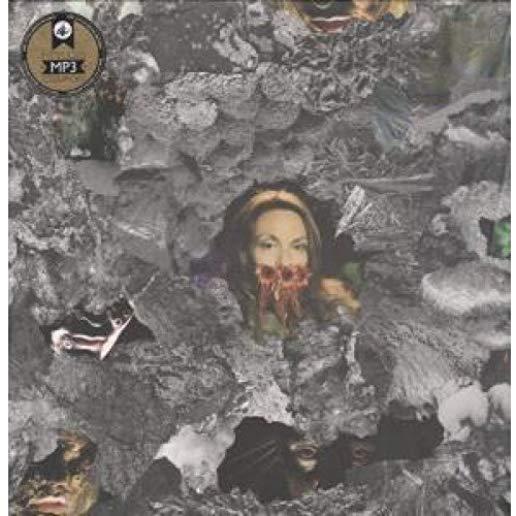
Makokis, Leona
product information
description
7Western theory and practice are over-represented in child welfare services for Indigenous peoples, not the other way around. Contributors to this collection invert the long-held, colonial relationship between Indigenous peoples and systems of child welfare in Canada. By understanding the problem as the prevalence of the Western universe in child welfare services rather than Indigenous peoples, efforts to understand and support Indigenous children and families are fundamentally transformed. Child welfare for Indigenous peoples must be informed and guided by Indigenous practices and understandings. Privileging the iyiniw (First people, people of the land) universe leads to reinvigorating traditional knowledges, practices and ceremonies related to children and families that have existed for centuries.
The chapters of ohpikinâwasowin/Growing a Child describe wisdom-seeking journeys and service-provision changes that occurred in Treaty 6, Treaty 7, and Treaty 8 territory on Turtle Island. Many of the teachings are nehiyaw (Cree) and some are from the Blackfoot people. Taken together, this collection forms a whole related to the Turtle Lodge Teachings, which expresses nehiyaw stages of development, and works to undo the colonial trappings of Canada's current child welfare system.
The chapters of ohpikinâwasowin/Growing a Child describe wisdom-seeking journeys and service-provision changes that occurred in Treaty 6, Treaty 7, and Treaty 8 territory on Turtle Island. Many of the teachings are nehiyaw (Cree) and some are from the Blackfoot people. Taken together, this collection forms a whole related to the Turtle Lodge Teachings, which expresses nehiyaw stages of development, and works to undo the colonial trappings of Canada's current child welfare system.
member goods
No member items were found under this heading.
Return Policy
All sales are final
Shipping
No special shipping considerations available.
Shipping fees determined at checkout.







